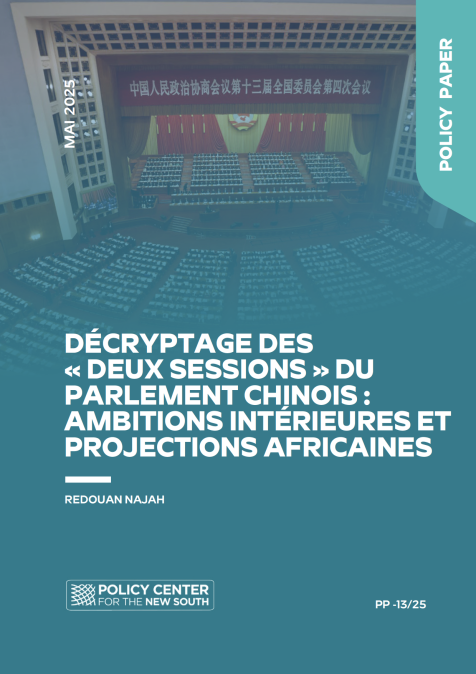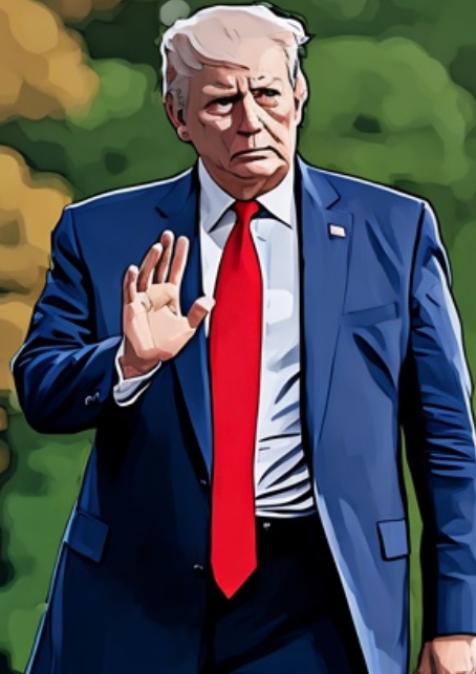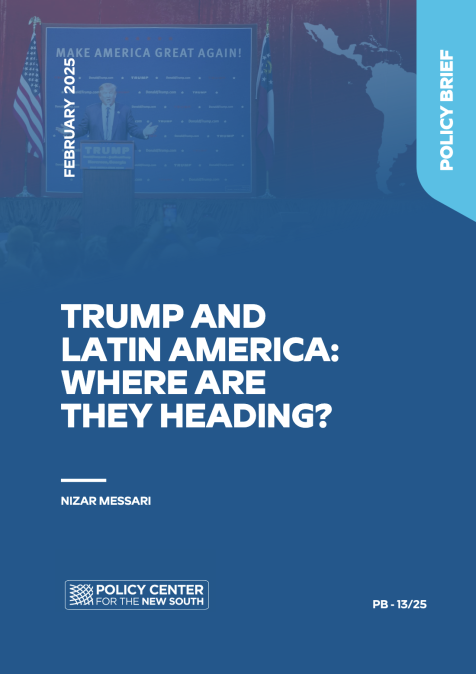Publications /
Policy Brief
Policy Brief
Spelling the end of Washington's leniency with Beijing - The United States' return to Africa
February 21, 2019
The African arena is but an episode in the China-USA soap opera. Nevertheless, given the continent's significance in terms of opportunities for major powers, it is also a space where their rivalry comes to the fore. This is the lens through which the beginning of Africa's return to the American agenda can be seen.










